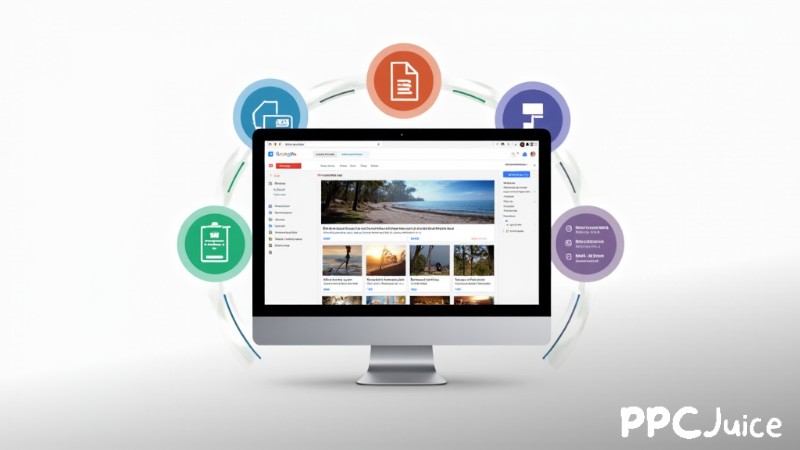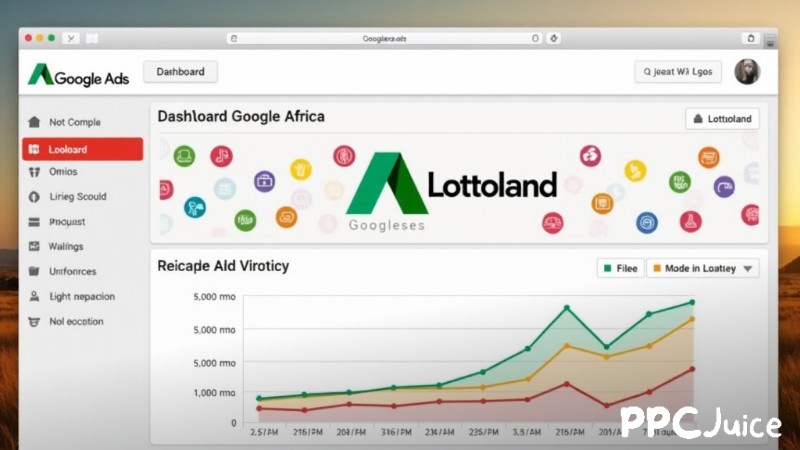
Digital marketing in 2025 is changing fast, driven by evolving expectations, new technology, and stricter privacy rules. A key shift is Google’s update to its Search Terms Report, limiting data on low-volume queries to enhance user privacy.
Search terms with fewer than 50 users in 90 days are now excluded, protecting anonymity but making it harder for advertisers to fine-tune campaigns. Niche markets that rely on low-traffic terms face challenges with reduced visibility into query-to-keyword connections.
To adapt, advertisers are turning to tools like Bing’s reports, internal site data, Optmyzr, and advanced Google Analytics to fill data gaps. This shift reflects a broader move towards holistic, privacy-focused data usage.
Privacy concerns are also driving automation. Tools like Google’s Smart Bidding and Dynamic Search Adverts, powered by machine learning, are gaining traction as traditional keyword strategies decline. These tools simplify scaling but require trust in AI to handle key decisions.
The growing role of artificial intelligence
Artificial intelligence is changing advertising in exciting but complex ways. AI tools, like OpenAI’s ChatGPT, are now essential in many areas, from creating content to predicting trends. ChatGPT leads with over 210 million monthly searches worldwide, far more than Google’s Gemini, which has only 10 million. This shows how people and businesses are increasingly relying on AI.
Yet, AI’s growth isn’t without its issues. Some people worry that AI might replace jobs or make mistakes. In 2024, there was a famous error when an AI mistakenly suggested using glue as a pizza ingredient, showing that AI isn’t perfect. Despite these challenges, more and more people are using AI because it promises to boost efficiency and innovation.
For advertisers, AI is a game-changer. It helps get the most out of adverts by placing them in the best spots, targeting the right audiences, and analysing data instantly. Google’s Performance Max campaigns highlight this change, with AI-based strategies making up 67% of retail earnings from Google Shopping adverts by the end of 2024. Advertisers say they see better results and more efficiency with these AI-driven methods compared to older techniques.
However, there are increased costs. Whilst click-through rates have risen, the cost per click (CPC) has gone up by 7% because of more competition and higher bids for ad visibility in an AI-focused market. Text adverts using AI summaries initially had low engagement but improved over time, showing that getting the hang of new tech can take a while.
Adapting strategies for a privacy-first future
To thrive as things change, you need fresh and flexible strategies. With new privacy rules and AI, marketers must switch from old methods to smart, data-focused tactics.
One useful tactic is to mix up where you get your information. By using insights from places like Bing’s search data and your own analytics, you get a fuller picture of what customers are doing. This helps you see big trends and plan better campaigns, even without detailed data.
Automation tools are key today. Smart Bidding and Dynamic Search Adverts use machine learning to get better ad placements. These tools save you time but mean you need to think strategically and focus on results, not just the process.
Plus, you have to manage costs as they rise. With higher cost-per-click (CPC) rates, ensuring a good return on investment (ROI) is crucial. This means sharpening whom you target with adverts and investing in great creative work that connects with people.
AI-powered options like Google’s Performance Max campaigns show how automation can achieve better results. These campaigns combine different advert types into one plan, helping you reach people across various platforms easily. By using AI, you can create better adverts, target more intelligently, and see clear results.
Google Performance Max campaigns are on fire right now.
A bunch of my clients are getting 5-10+ ROAS from them.
Let’s get you a slice of this pie.
Here’s how to set one up in 7 simple steps:
— Jackson Blackledge (@blvckledge) July 7, 2022
As privacy becomes more important, you’ll need to change how you communicate. Being open and honest builds trust with your customers. Marketers should explain how data is used and follow privacy rules to keep their reputation strong and gain long-term loyalty.
Lastly, stay flexible. The digital marketing world changes fast, requiring businesses to adapt quickly to new technology and guidelines. This means keeping up with industry changes, trying new tools, and continuously improving your strategies based on what works.

